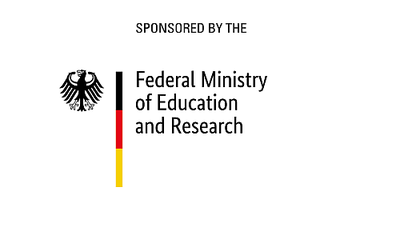Duration
April 2021 to March 2024
Contact

Prof. Frank Wilhelm-Mauch
Director, Institute for Quantum Computing Analytics PGI-12
Building 04.9 / Room 33
+49 2461/61-6106
E-Mail
Prof. Dr. Kristel Michielsen
Head of the division HPC for Quantum Systems Head of the Jülich UNified Infrastructure for Quantum computing (JUNIQ) Group Leader of the Research Group Quantum Information Processing Professor Quantum Information Processing at RWTH Aachen University Spokesperson of Helmholtz Information Program 1, Topic 1, and PI in Topics 1 and 2
Building 16.3 / Room R 340
+49 2461/61-2524
E-MailQ(AI)2
Quantum Artificial Intelligence for the Automotive Industry
Quantum algorithms can qualitatively accelerate the solving of certain hard computational tasks. Artificial intelligence and its applications are also among the significant key technologies of our time. The Q(AI)2 project brings both together on the basis of applications within the automotive industry, in particular for optimal, flexible production planning in the context of Industry 4.0, collision-free maneuver planning of autonomous vehicles, capacitive route planning, and cooperative services and smart mobility. This clear basis of concrete tasks of the automotive industry relevant for the products of the future as the starting and end point of the research is a key unique selling point of this project.
The goal of the project is to develop a broad base of algorithms for AI applications with optimizations on quantum computers. For this purpose, a deeper understanding of the acceleration potential will be developed for the already known algorithms. Furthermore, it will be identified in which fundamental as well as industrially relevant applications quantum cl provides essential acceleration. The implementation of algorithms will be optimized for the available hardware as well as for the industrial problem. This results in a clear and qualified outlook for first quantum-accelerated AI applications in the automotive sector.
In the positive case, the results will lead directly to concrete pre-development projects of the participating companies as well as being made available to external users. These can provide German automakers with decisive competitive advantages.
This project is funded by BMBF - Förderkennzeichen 13N15584

